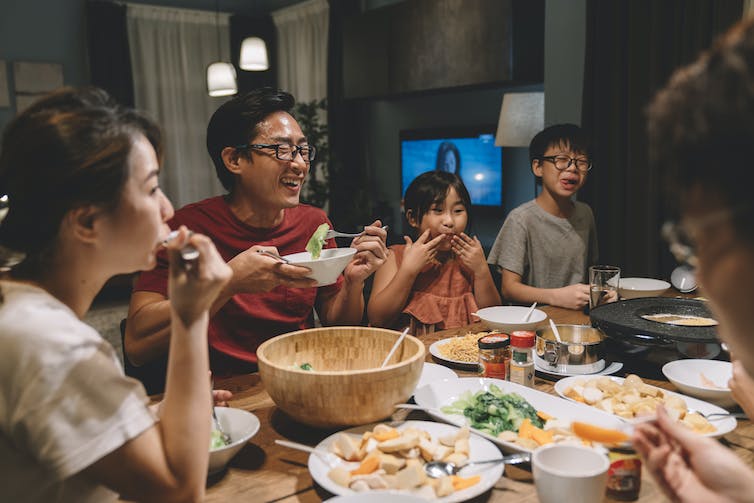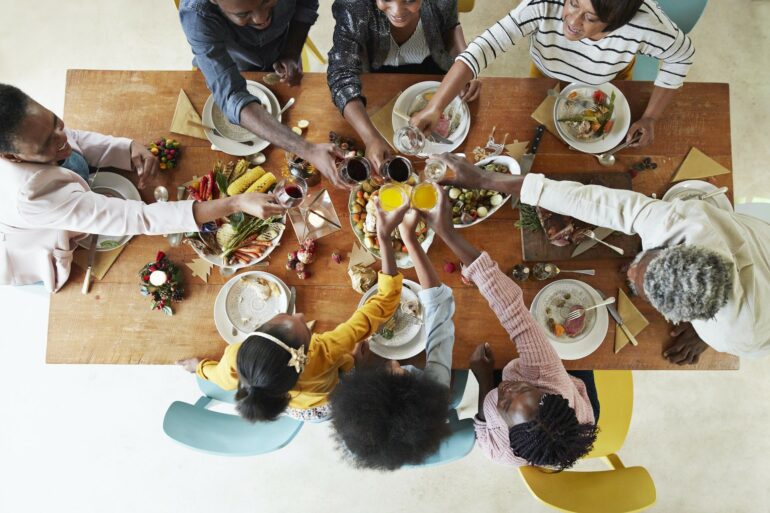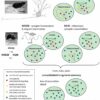The age-old adage “you are what you eat” holds profound truth. Nearly every molecule in your body is absorbed from what you eat and drink. Your food choices are directly linked to your physical, emotional and social health. And scientists are learning that your gut health and the microbial communities within you have a significant role to play in orchestrating these processes.
The gut microbiome takes the components of food that you cannot digest, like fiber and phytonutrients, and transforms them into signals that regulate how hungry you are, how strong your immune system is, and even how you’re thinking and feeling. It’s as though the communities in your gut microbiome are an orchestra for your health, and you conduct their symphony through food.
I am a gastroenterologist who has spent over 20 years studying how food affects the gut microbiome and overall health. The research is increasingly clear: A gut-friendly approach to nutrition is important for happy and healthy communities both inside and out of your body.
Communities within and without
The fascinating research on the gut microbiome takes us on a journey into the depths of the intestine, where trillions of microorganisms blur the lines between other and self.
The term holobiont describes the combined lives of the microbiome and its vessel, working symbiotically to support each other’s well-being. This relationship is represented at its extreme in the intestines of termites and cows, where microbes transform uniform, low-nutrient diets of wood or grass into complete nutrition replete with vitamins and other essential nutrients for health.
When people eat certain foods, like those rich in fiber, they too harbor similar relationships with their microbiomes. You provide your microbes with food and a safe place to live, and they in turn fortify your diet with vital molecules such as vitamins, short-chain fatty acids and neurotransmitters that are key for regulating your metabolism, immunity and mood.

Eating together can help build connection.
Patrick Chu/E+ via Getty Images
Just as food illuminates the importance of the microbial community within you, it also shines a light on your social community. Food is one of the foundations of culture, serving as the basis of many gifts and shared experiences. You have first dates over drinks and meals, connect with your colleagues over lunch, and share dinners with your family and friends. Food is a type of social glue that helps bind communities together.
As you feed your microbiome to cultivate a thriving community within your gut, you also figuratively and literally feed your social community when you break bread with friends and family.
Convenient fixes sacrifice community
Convenient, fast, affordable ultraprocessed foods have some enormous benefits in helping feed a growing population and enabling an ever-quickening pace of life, but the latest research is showing that there may…



